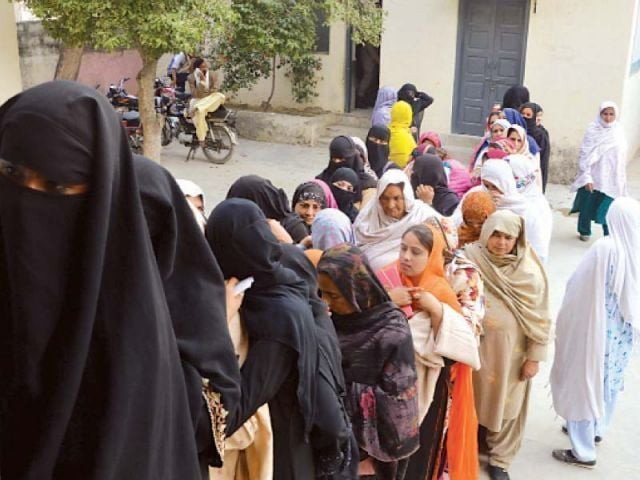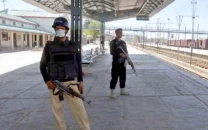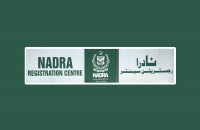Call for greater role of women in politics
Demand more access to decision-making posts

Demand more access to decision-making posts. PHOTO: EXPRESS
They were speaking at a roundtable conference on the ‘Evolution of the Role of Women Parliamentarians in Pakistan’ which had been jointly organised by Center of Pakistan and International Relations (COPAIR) and an Islamabad-based German think tank
The speakers noted that Pakistan had made great strides over women representation in democratic institutions, but there was room for a lot more to be done to meet the international standards.
Social activist and a specialist in gender issues, Dr Farzana Bari, noted that women parliamentarians were actively participating in the legislative business and had introduced a number of pro-women legislation.
However, she regretted that there was a disconnect between the higher representation of women in parliaments and the status of women in the country. To emphasise her point, she pointed out that Pakistan slid down on the Global Gender Gap Index (GGGI) from 127 in 2008 to 143 in 2014.
“Only two women could make it to the post of junior ministers in the government. As a result, they could not change development priorities in favour of women,” she lamented. ANP Senator Sitara Ayaz observed that many women parliamentarians need to better understand their role.
“Women elected directly on general seats,” she maintained, “enjoyed greater influence in their parties than those [elected] on reserved seats.”
Published in The Express Tribune, September 1st, 2017.



















COMMENTS
Comments are moderated and generally will be posted if they are on-topic and not abusive.
For more information, please see our Comments FAQ